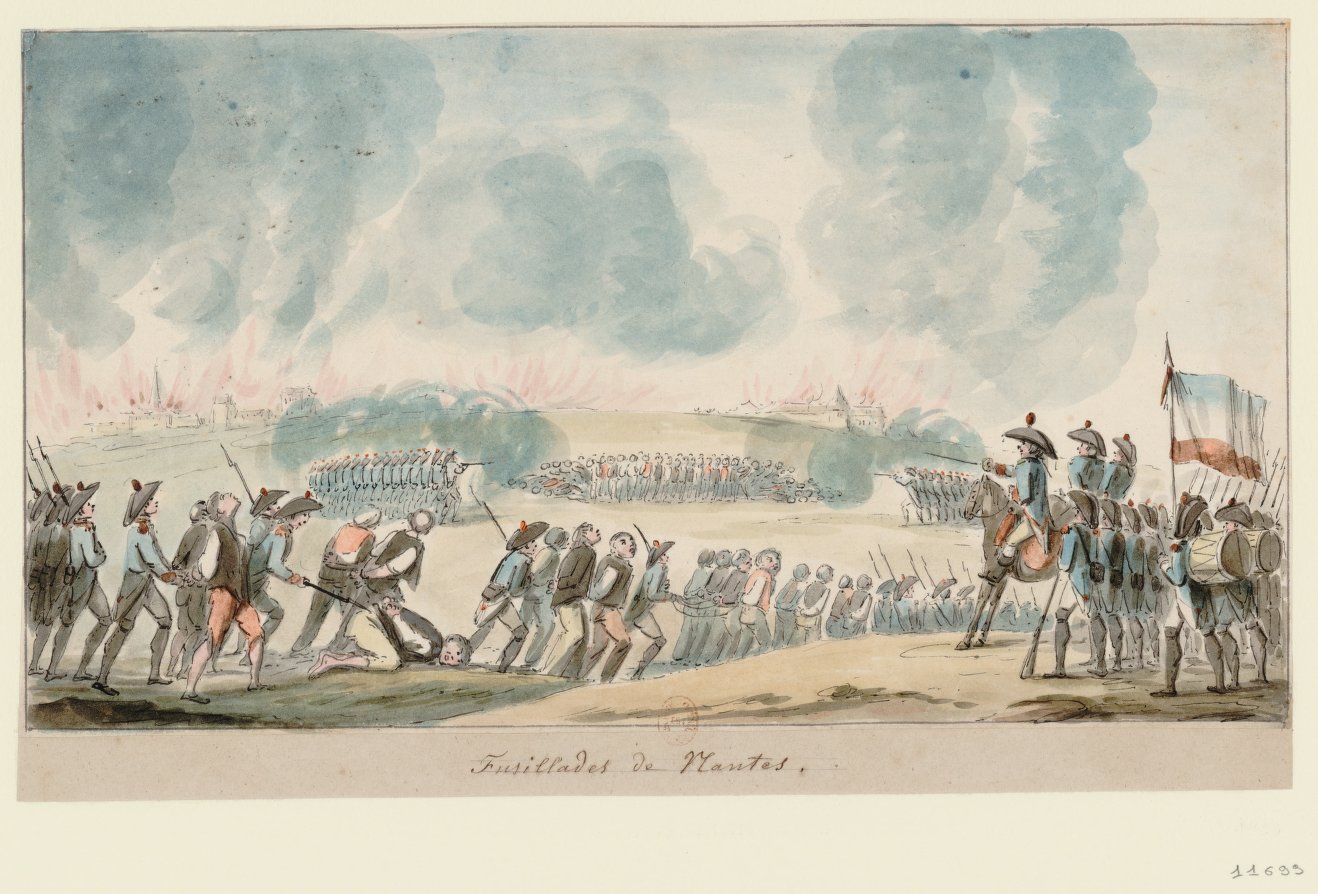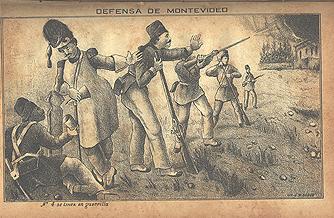
In Syria, this week al-Qaeda severed ties with former affiliate ISIS. Aryn Baker links the split to al-Qaeda leader Ayman al-Zawahiri’s frustrations with the group, and ISIS’ excesses that alienate ordinary people. Before news of the split surfaced Cole Bunzel wrote about jihadi infighting among rebels in Syria (via Will McCants).
Are the activists who started the Syrian revolution-cum-civil war being pushed off Facebook? (Via Matt Ford and Kelsey D. Atherton.) And how does Facebook’s arbitrary ability to shutter pages challenge its increasing role as a global source of news and activist communications?
The Assad government misses another chemical weapons deadline, with the OPCW complaining that the regime is not doing everything that it can to turn over its arsenal. The Syrians have cited security concerns for the delay, but critics note that a lack of enforcement was always the weakness of the chemical weapons accord — with US and French strikes off the table for political reasons, what incentive does the Assad regime have to play nice?
What can Russia really deliver diplomatically in Syria? (Via Laura Rozen.) And relatedly, to what extent does Russia “own” the threatened chemical weapons deal?
A hard-line Iranian news site published the names of 15 likely-Quds Force members who have died in Syria fighting for the regime.
We’re focused on fighting al-Qaeda as a terrorist organization. It’s focused on fighting wars and retaining influence over its loose network of affiliates, argues J.M. Berger.
Pascal Simbikangwa, Rwanda’s intelligence chief during the 1994 genocide, is on trial in France.
The failure of aid-driven economic reconstruction in Afghanistan (via Stephen Walt).
After escalating conflict between cartels and self-defense militias the Mexican government struggles to reimpose order in Michoacán, with a policy of accepting the vigilantes that raises uncomfortable memories of the Colombian government’s support for right-wing paramilitaries.
An interesting post from Xavier Marquez on the power of Francisco Franco’s political non-commitment: “Franco’s political strength lay precisely in credibly not being for one or another part of his coalition, and this was made possible because he seems to have had no firm underlying convictions beyond, perhaps, his commitment to a picture of himself as savior of Spain” (via Robert Farley).








1 comment